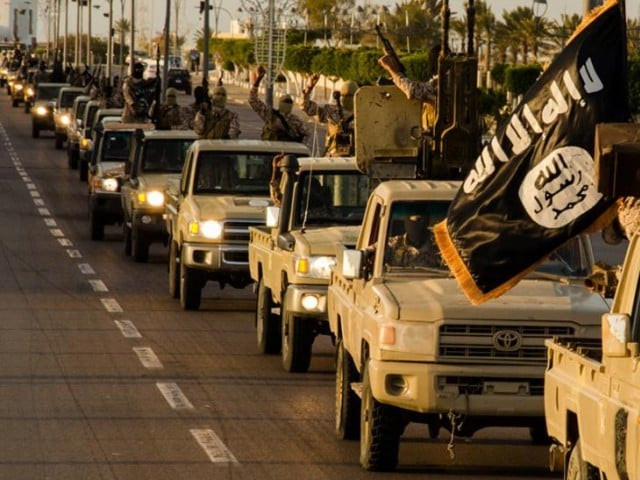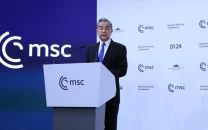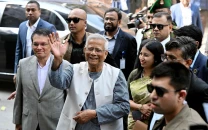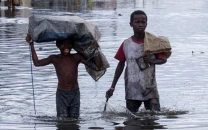The expanding threat of IS
There is a depth of competency about IS operations that speak of a sophisticated organisational infrastructure

Anybody — or indeed any state — making the mistake of dismissing the IS as a rag-tag bunch of gun-toting zealots puts themselves and the peoples of those states at hazard. PHOTO: AFP
Egypt has responded by saying that it is “100 per cent” in control of the situation in northern Sinai and that 100 “terrorists” had been killed in the engagement. The IS went to social media and announced its attacks on Twitter. There is a depth of competency and diversity about IS operations that speak of a sophisticated organisational infrastructure that has both military and civilian components, and a mature and effective command structure. To mount an attack in strength on five Egyptian posts simultaneously would test the competencies of a professional army anywhere in the world. Anybody — or indeed any state — making the mistake of dismissing the IS as a rag-tag bunch of gun-toting zealots puts themselves and the peoples of those states at hazard. Egypt, riven politically and having virtually returned to its default position of military dictatorship, is a country vulnerable to the predations of the IS. It is strong militarily but internal schisms are ripe for exploitation. Our own leadership remains largely in denial of the IS threat, and it does so to the peril of all.
Published in The Express Tribune, July 4th, 2015.
Like Life & Style on Facebook, follow @ETLifeandStyle on Twitter for the latest in fashion, gossip and entertainment.


















COMMENTS
Comments are moderated and generally will be posted if they are on-topic and not abusive.
For more information, please see our Comments FAQ